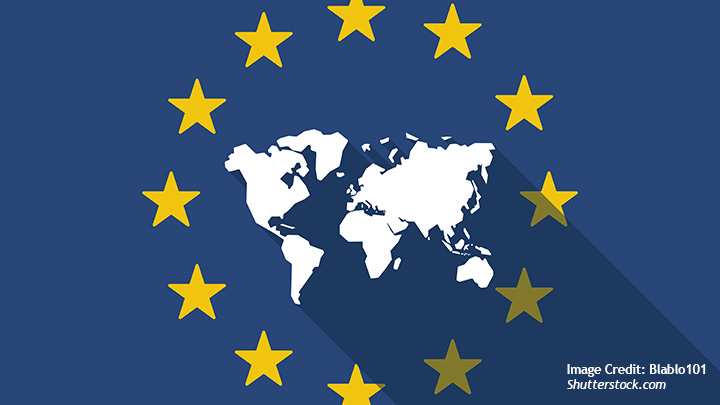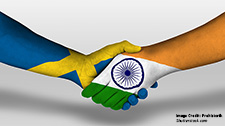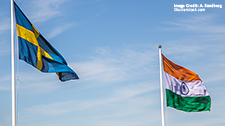Forecasting European Security in 2025: Will Transatlantic Ties Test Europe’s Indo-Pacific Limits?

Jagannath Panda
In late December 2024, Finland—one of the latest entries to the North Atlantic Treaty Organization (NATO)—seized an oil tanker, with alleged links to Russia’s so-called “shadow fleet,” on grounds of “grave sabotage.” The vessel is suspected of damaging a subsea cable network connecting Estonia and Finland, the two European Union (EU) and NATO members that are staunchly defending Ukraine’s fight against Russia. Moreover, as other such incidents of infrastructure disruptions allegedly by not just Russia but also China have come to
light, there is greater concern over escalating hybrid activities, many of which are unprecedented in scale and potential impact. The concerns around Europe’s security have assumed greater importance for the coming year and beyond, with renewed discussions over how the EU and NATO have to do more to protect critical infrastructure and safeguard European security. China’s centrality in Europe’s economic challenges and policies (e.g., investigations into Chinese trade malpractices), besides the aforementioned sabotage tactics, means that the EU and its members can ill-afford to sideline China as a strategic challenge.
There is a certain ambivalence about Chinese power among many member-states of the EU. The Indo-Pacific, in this context, offers an opportunity for transatlantic cooperation to counter the problematic Chinese economic behaviors. This poses several key questions for Europe: Can the EU and NATO balance their strategic outlook vis-à-vis both Russia and China? How will the strain on transatlantic relations impact Europe’s approach to security and defense issues, and, in particular, its engagement with the Indo-Pacific? Will the EU’s Indo-Pacific strategy outreach lose steam? What of the EU’s relationship trajectory with an economically strong, stable India?
Related Publications
-
ISDP-Embassy of India in Sweden Dialogue Calls for Focusing Momentum in India-Sweden Ties
Focus on six key areas: Science & Technology, Innovation, Energy, Sustainable Development, Defense, and Trade Economics. The partnership between India and Sweden can be replicated as a model for the […]
-
India-Sweden Strategic Compass: January-February 2025
The evolving geopolitical landscape, particularly marked by the U.S.-China rivalry, is indeed prompting nations to reassess their diplomatic strategies and realign their foreign policies. For countries like India and Sweden, […]
-
India-Nordic Budding Dynamics: Sweden, a Vital Gateway?
The India-Nordic summits in 2018 and 2022 had the clearly outlined goal of the expanding strategic coordination between India and the Nordics. The spike in trade reflects a healthy economic […]
-
India-Sweden Ties as a Gateway to India-Nordic Engagement
Executive Summary Sweden and India engage on three interconnected levels: bilaterally, through the Nordic region, and through the EU—all of which require consistent political attention and a structured strategic approach. […]
-
India-Sweden Ties: Forging a Cohesive Partnership
From areas like human rights and political differences to climate and sustainability, both countries often differ on certain points, sometimes causing friction in their bilateral relations. Most prominently, India and […]




